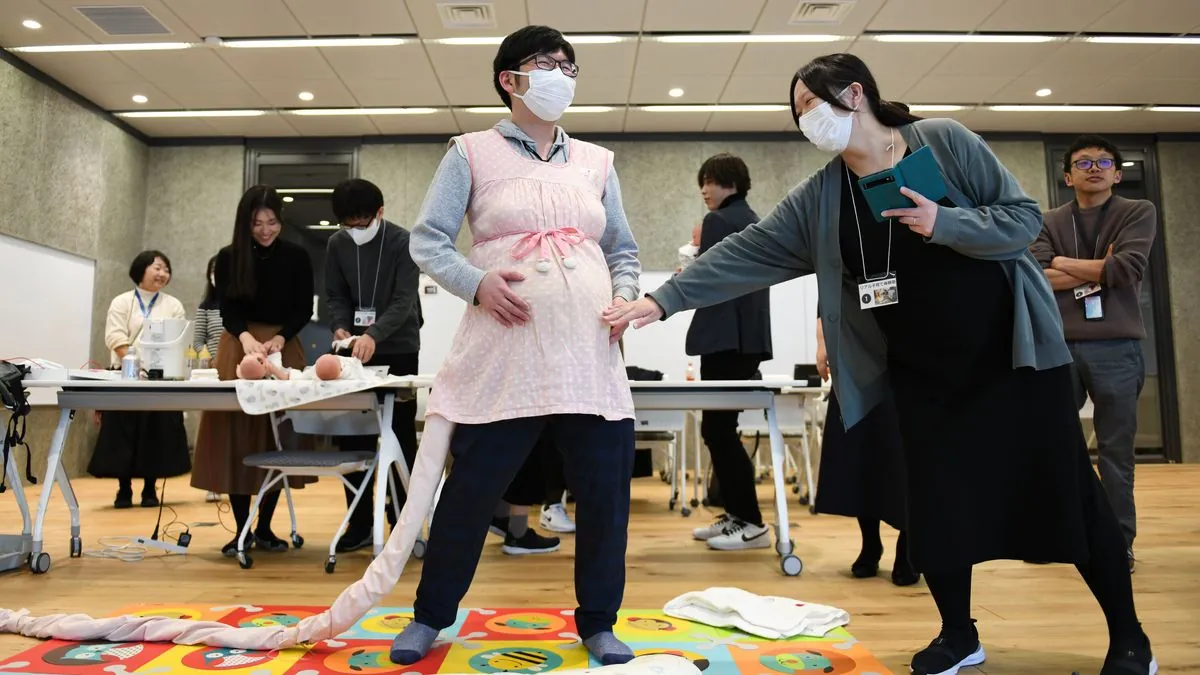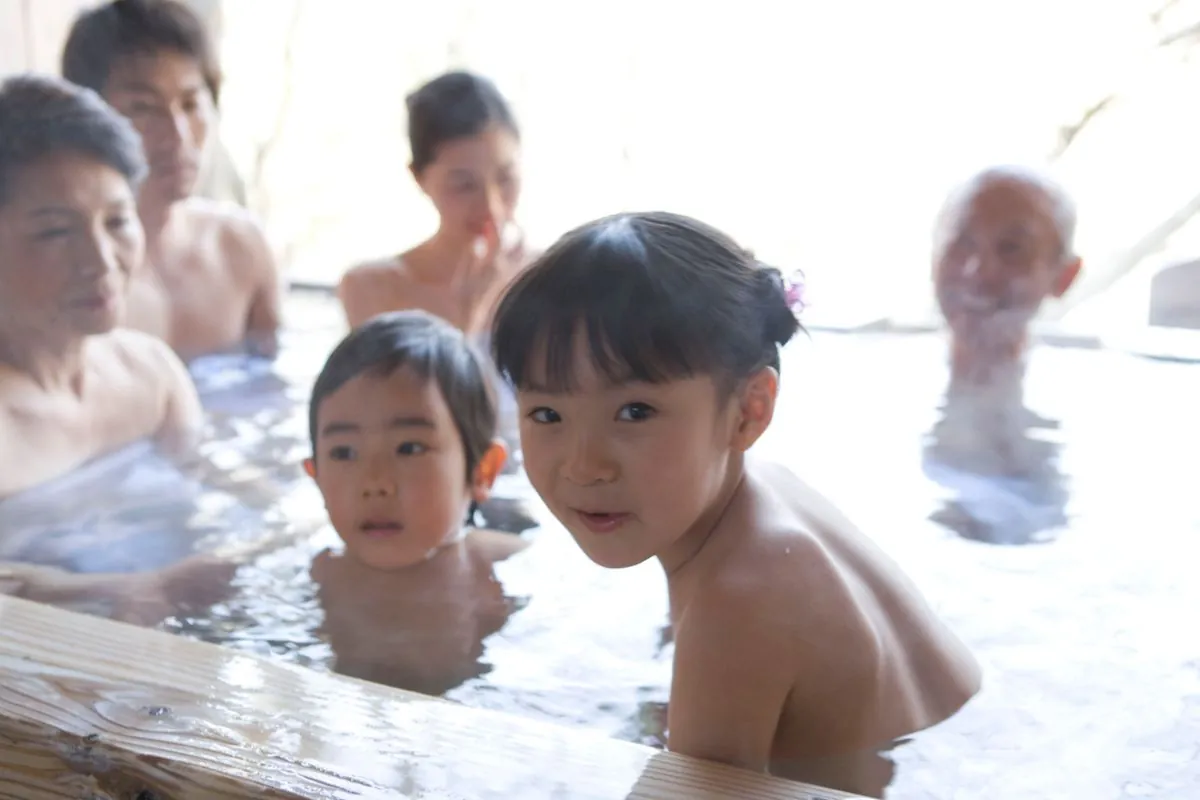Chinese Exodus: Japan Emerges as Haven for Skilled Migrants
Japan attracts diverse Chinese migrants seeking opportunities and freedoms. From intellectuals to investors, they're reshaping Japan's demographics while finding a new home amidst changing global dynamics.

In recent years, Japan has emerged as an unexpected sanctuary for a growing number of Chinese migrants. This trend reflects a complex interplay of global dynamics, economic shifts, and changing immigration policies.
Jia Jia, a Chinese journalist and guest lecturer at the University of Tokyo, exemplifies this migration wave. Having faced detention in China eight years ago, Jia now freely discusses topics like Taiwan's democracy, which remain taboo in his homeland. His journey to Japan, initially unplanned, highlights the country's evolving appeal to Chinese professionals.
"I found that Japan is better than the U.S."
This sentiment echoes among many Chinese migrants, who find Japan's immigration policies more accommodating than expected. The country's approach contrasts sharply with the heightened scrutiny Chinese nationals face in the United States, where border arrests and visa complications have become increasingly common.
Japan's demographic challenges have prompted a shift in its traditionally rigid stance on immigration. With foreigners currently comprising about 2% of its 125 million population, projections suggest this could rise to 12% by 2070. Chinese nationals, numbering 822,000 as of last year, form the largest group among Japan's 3 million foreign residents.
The motivations driving this migration are diverse:
- Intellectual freedom
- Economic opportunities
- Property protection
- Cultural richness
For intellectuals like Li Jinxing, a human rights lawyer who relocated in 2022, Japan offers a chance to study democratic governance firsthand. This echoes historical precedents, reminiscent of figures like Sun Yat-sen, who sought inspiration in Japan a century ago.
Wealthy investors view Japan as a safe haven for their assets, driven by concerns over property rights in China. The weakening yen has made Japanese real estate particularly attractive. Even tech entrepreneurs, including Jack Ma of Alibaba fame, have found new roles in Japan's academic institutions.

Japan's appeal extends beyond politics and economics. Guo Yu, a former ByteDance engineer, praises Japan's natural beauty, from ski resorts to hot springs. His lifestyle, complete with multiple homes and luxury cars, exemplifies the opportunities available to skilled professionals.
The Japanese government, recognizing the potential of foreign talent, is actively working to make the country more attractive to skilled migrants. Prime Minister Fumio Kishida has emphasized the importance of drawing international expertise to address Japan's labor shortages and economic challenges.
However, it's important to note that Japan remains selective in its immigration approach, primarily welcoming those who can fill specific labor needs or bring valuable skills.
As this migration trend continues, it's reshaping both Japan's demographics and its relationship with China. For many Chinese migrants, like ballet dancer Du Hai, Japan offers not just professional opportunities but also a welcoming environment that defies preconceptions.
This evolving dynamic between China and Japan, driven by individual choices and broader geopolitical shifts, promises to play a significant role in shaping the future of both nations and the wider Asia-Pacific region.


































